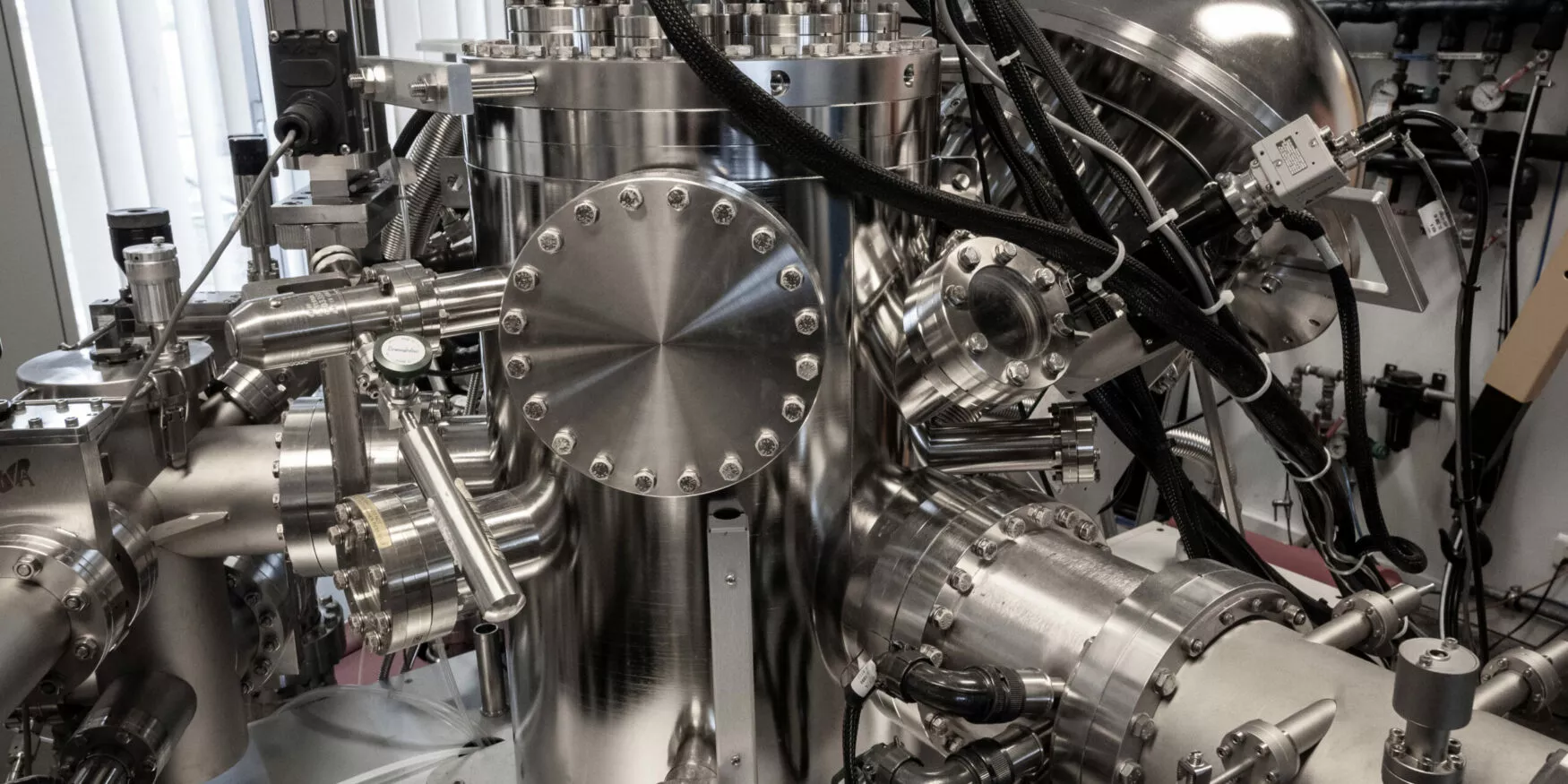Thermomechanical analysis
Definition/objectives:
Thermomechanical analysis (TMA) is used to characterize the mechanical properties of materials according to temperature and thus verify that the structure of the materials is suitable for the end use.
Performance measurement (standards and equipment tests)
- Tension, compression or bending test (ASTM D638, ASTM D695 and ASTM D790); Impact Notch (ASTM D256), mass drop test (ISO 6272).
- Thermomechanical tests: thermogravimetric analysis (TGA), differential scanning calorimetry (DSC), fire test (Limiting Oxygen Index (LOI), Mass loss calorimeter and UL94 testing). Gas permeability (oxygen, nitrogen, CO2)
- Tension/film deformation/Young's modulus in tension
- Linear coefficient of thermal expansion
- Heat deflection temperature of polymers (HDT) (ASTM D648)
- Rheological measurements of viscous polymeric systems in shear (low and high shear rates)
- Penetration and impact measurements
- Viscoelastic behavior; monitoring of cross-linking of thermosetting resins or control of finished composite materials
- Isothermal creep (irreversible deformation of a material measured in time under constant applied load)
- Detection of transitions (glass transition, softening, melting, decomposition, etc.)
- Heat exchange measurement
Our strengths
- The multidisciplinary nature of the proposed techniques for a very complete and fine characterization of materials.

